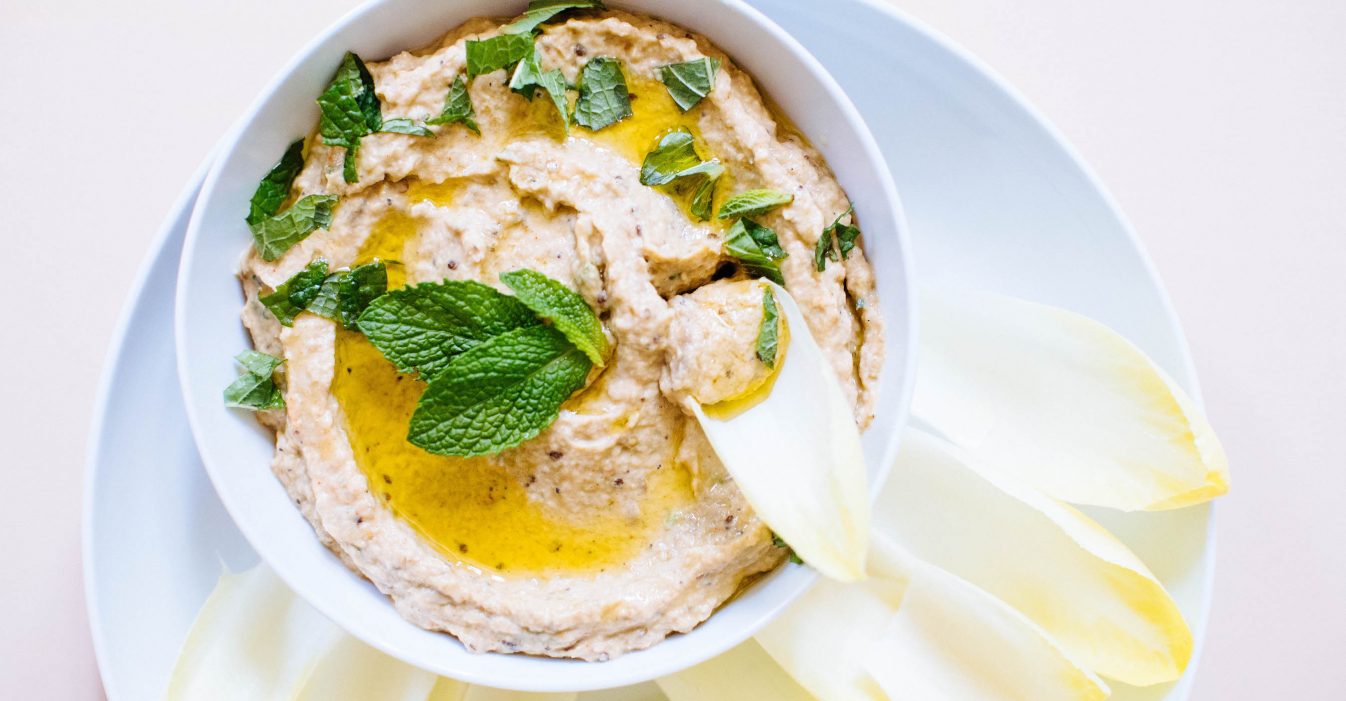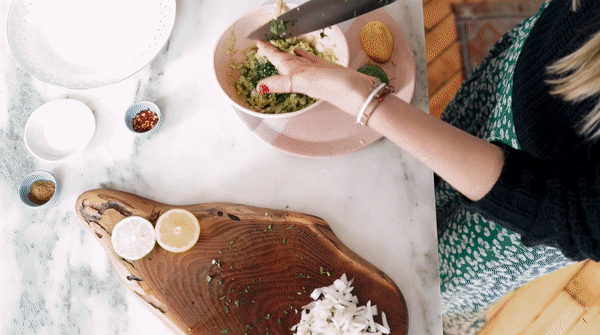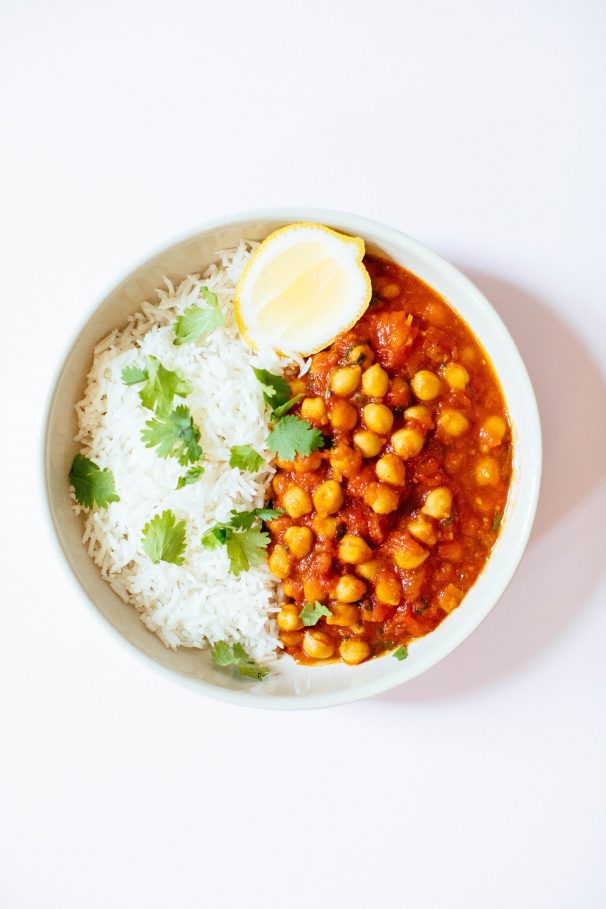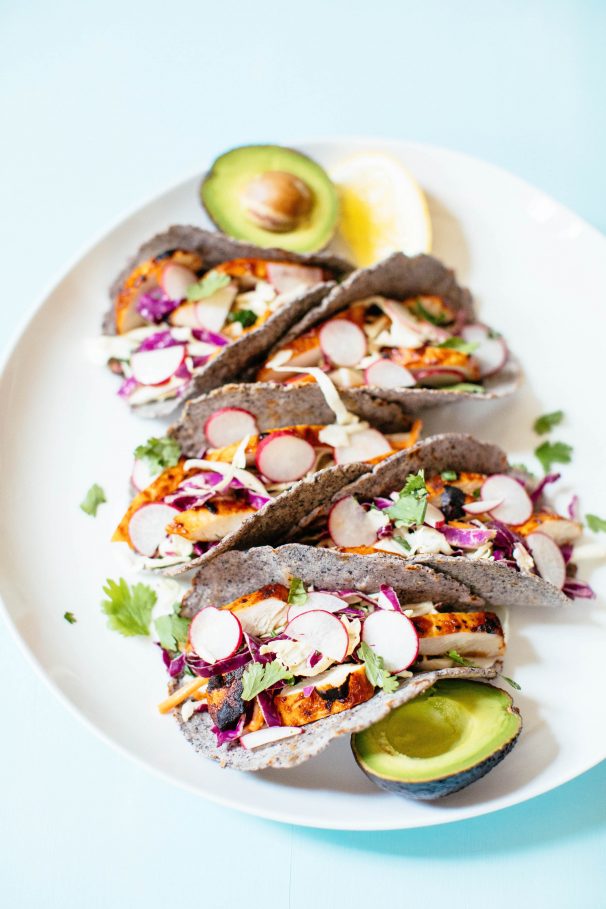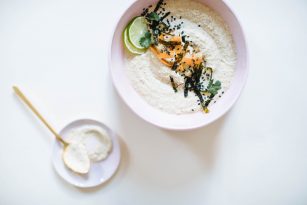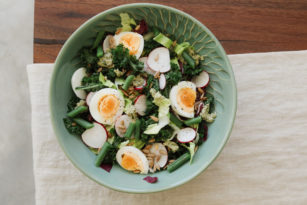A 6 step guide for how you can liven food when it tastes bland!
There’s nothing worse than taking the time to prepare a meal only to end up hating it and ordering takeout anyway. Unfortunately, we’ve all been there at least once before.
But how do you liven food when it tastes bad? Fortunately, we have a few tricks up our sleeves. The next time you’re cooking at home and things seem to go south real fast, we’ve got you covered.
We’re teaching you how to turn things around by using seasonings, spices, tips, and tricks to liven your food when it just tastes too bland to enjoy.
How To Liven A Bland Dish
We’ve all had that moment where we just can’t seem to get a dish right. Next time, instead of just giving up, we want you to know exactly how to make adjustments and turn things around all on your own.
We’re breaking this down step by step so the next time you’re left with a boring, seemingly tasteless dish, you’ll know exactly what to do!
Step 1: What Is The Texture Like?
First things first, how’s the texture?
The texture of a dish is extremely important for a few different reasons. Firstly, when we’re making something and anticipating it’s going to have one texture and it ends up with another, this can immediately turn us off from the item before even tasting the flavor.
Let’s use asparagus as an example. Have you ever bitten into a spear of asparagus expecting it to snap with a strong turgor, only to find that it was wilted and soggy? Ya, me too. Not so great.
Check the texture before you do anything else. If your food is too soggy, adjust it if possible. If that ship has already sailed, add some additional food items with contrasting textures to liven the bland food. Top the asparagus with some shaved almonds or chop the asparagus up and mix it into a bed of crisp lettuce.
We want to have different textures within a dish to allow for depth and complexity. If there’s just one uniform texture to everything you’re eating, things can get real boring real fast.
Step 2: Adjust Your Fat
Next up comes fat. Just as we learned in How To Play With Seasonings And Spices, fat is responsible for so many of the tastes and textures we know and love. It’s particularly well known for the smooth mouthfeel it creates when it’s added to a baked good or dish.
Picture any non-fat item you’ve consumed in your lifetime. How do they usually taste? They can be dry, bland, chewy or gummy, and generally leave you hungry and craving more.
Fat provides a smooth almost lubricating mouthfeel that adds depth and complexity to any dish. Fat simply makes things taste good.
The next time you’re struggling with a bland dish, make sure you have some fat in there. Drizzle a bit of extra virgin olive oil or avocado oil on top, add some coconut meat or maybe even some sunflower seeds.
Step 3: Utilize Acid
Acid is an awesome tool for adding a boost of flavor to any dish. It has the ability to interact with a preexisting flavor and create something entirely new.
If your bland dish appears to be lacking something and you just can’t put your finger on it, an acid may be the answer you are looking for.
You can squeeze some lemon juice over your fish tacos or maybe drizzle some red wine vinegar over your salad.
In case you go a little overboard with the acid, don’t worry! Fat is the yin to acids yang. Just add a bit of fat to the dish and it will slightly mute the overpowering acidic taste.
Step 4: Is There A Sweet Component?
Often times when preparing savory dishes, the sweet taste gets overlooked. We think of salty and robust flavors but forget about the goodness that is sweetness.
The sweet taste has the ability to enhance saltiness, which can be quite convenient in a bland dish. If you’ve already salted your plate and it still just isn’t cutting it, try adding in a sweet component. You can add some fruit to the mix or maybe some sweet potato, whatever floats your boat.
A sweet component will add another layer of flavor while also complimenting whatever you’ve already come up with. A little sweet can go a long way!
Step 5: Salt To Taste
This one may seem pretty self-explanatory, but it’s important enough to mention. If you’re preparing a dish that’s not only bland but just doesn’t taste quite right, maybe it’s bitter. This is when salt does its best work.
Salt has the ability to enhance the flavor of the food item you’re making while also balancing the bitterness. For example, when broccoli is steamed or sautéed, it can have a bland, bitter taste. Simply adding a bit of salt can brighten the flavor of the broccoli, mute the bitterness and immediately liven your bland food.
Step 6: Introduce Some Heat
As a flavor enhancer, heat gets overlooked far too often. The method of heat you use can significantly impact the flavor profile of the dish you’re serving.
Think about the difference between a grilled vegetable and a steamed vegetable – they taste almost completely different! If you find that you’re in a rut and you need to liven your food a bit, try introducing some heat or switching up the method of heat you’re using.
Whether it’s bread, vegetables, grains, fish or even fruit, introducing heat is a simple way to add some life to any dish.
NS Recommends
Have some fun playing around with these tips and tricks for livening bland food! As you’re doing this, we have some great tools and resources for you to use in the kitchen. Here are some of our favorites:
- Nut milk bag for your homemade milks
- Vegetable peeler for your vegetable recipes
- Glass spice bottle to store all of your spices
Recipes To Try
Here are some great recipes you can test out to help build your confidence with livening bland food:
Connect With Us
Show us your cooking skills on Instagram!
The next time you liven your food using some of these tips and tricks, share it with us! You can show us by tagging us on Instagram with @nutritionstrippederica and @nutritionstripped or you can share it with the Nutrition Stripped community by tagging #nutritionstripped or #nswellnesscoaching.
We can’t wait to see what you come up with!

